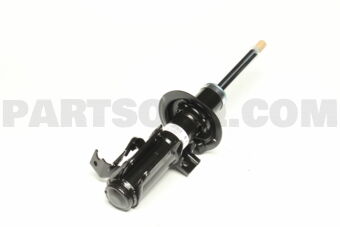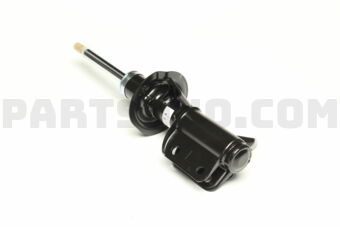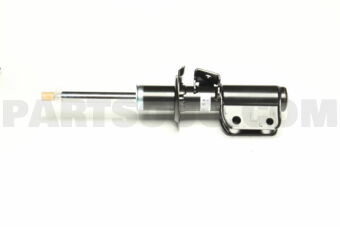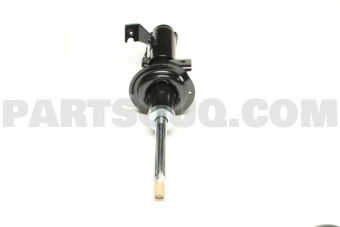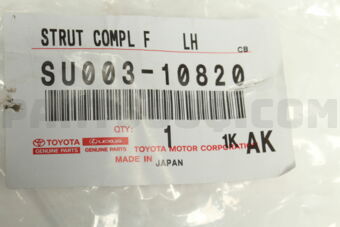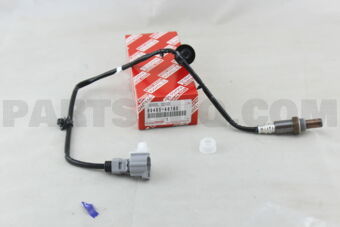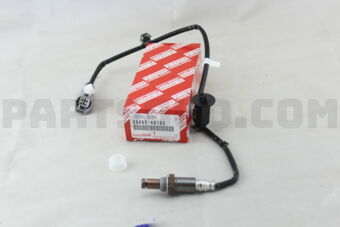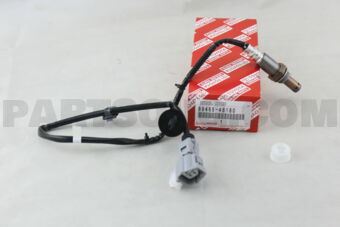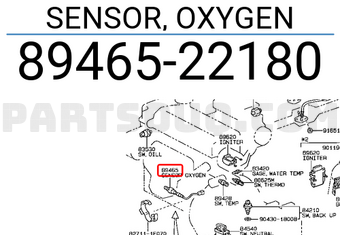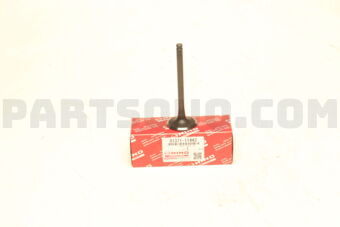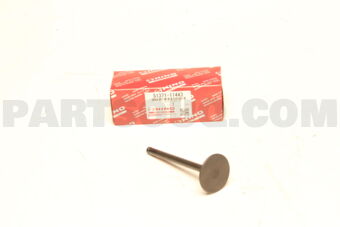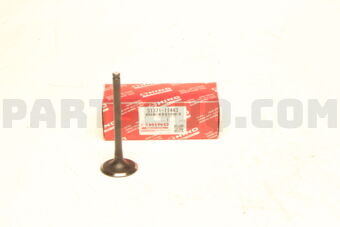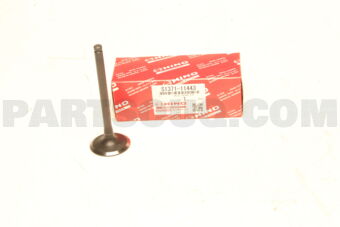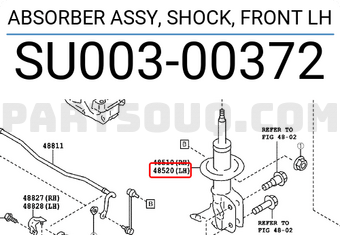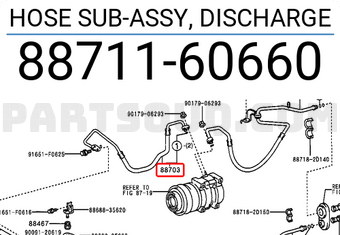Search result for: SU00310820
STRUT COMPL F LH
Part number: SU00310820
Availability: 6
Weight, kg: 4.628
Order now:
Make: Toyota
Made in: Japan

STRUT COMPL F LH
Part number: SU00310820
Availability: 11
Weight, kg: 4.628
Processing: 2-3 days
Make: Toyota
Made in: Japan

Substitutions
SENSOR, OXYGEN NO.2
Part number: 8946548180
Availability: 15
Weight, kg: 0.6
Order now:
Make: Toyota
Made in: Japan

LENS & BODY COMPL
Part number: SU00302545
Availability: 2
Weight, kg: 0.223
Processing: 2-3 days
Make: Toyota

SENSOR, OXYGEN NO.2
Part number: 8946548180
Availability: 16
Weight, kg: 0.6
Processing: 2-3 days
Make: Toyota
Made in: Japan

SENSOR, OXYGEN
Part number: 8946522180
Availability: 9
Weight, kg: 0.141
Processing: 2-3 days
Make: Toyota

VALVE, INTAKE
Part number: S137111443
Availability: 19
Weight, kg: 0.145
Processing: 2-3 days
Make: Toyota
Made in: Japan

ABSORBER ASSY, SHOCK, FRONT LH
Part number: SU00300372
Availability: 0
Stock Forecast: 2 days
Weight, kg: 5.203
Make: Toyota

HOSE SUB-ASSY, DISCHARGE
Part number: 8871160660
Availability: 0
Stock Forecast: 2 days
Weight, kg: 0.324
Make: Toyota

Understanding the Importance of Oxygen Sensors in Your Vehicle
Oxygen sensors, often referred to as O2 sensors, play a pivotal role in your vehicle's fuel management system. They are crucial for maintaining optimal engine performance and reducing harmful emissions. These sensors measure the amount of unburnt oxygen in the exhaust and relay this data to the vehicle's engine control unit (ECU). This information helps the ECU adjust the air-fuel ratio for better efficiency and environmental compliance.
How Does the Oxygen Sensor Function?
The oxygen sensor is strategically positioned in the exhaust manifold or exhaust pipe. As exhaust gases pass over the sensor, it generates a voltage signal proportionate to the oxygen concentration. The ECU utilizes this signal to fine-tune the fuel injection and ignition timing. This precise control ensures that the engine runs smoothly, minimizes fuel consumption, and reduces noxious emissions.
Consequences of a Malfunctioning Oxygen Sensor
When this component fails, it can lead to a host of issues. A broken or failing oxygen sensor may cause an illuminated check engine light, erratic engine performance, decreased fuel efficiency, and increased emissions. Prolonged neglect can damage components like the catalytic converter, leading to expensive repairs.
Compatible Car Models
- Harrier
- Highlander
- Kluger
- Kluger L/V

